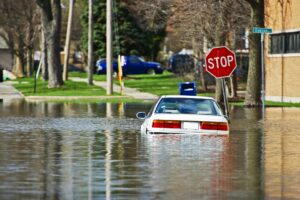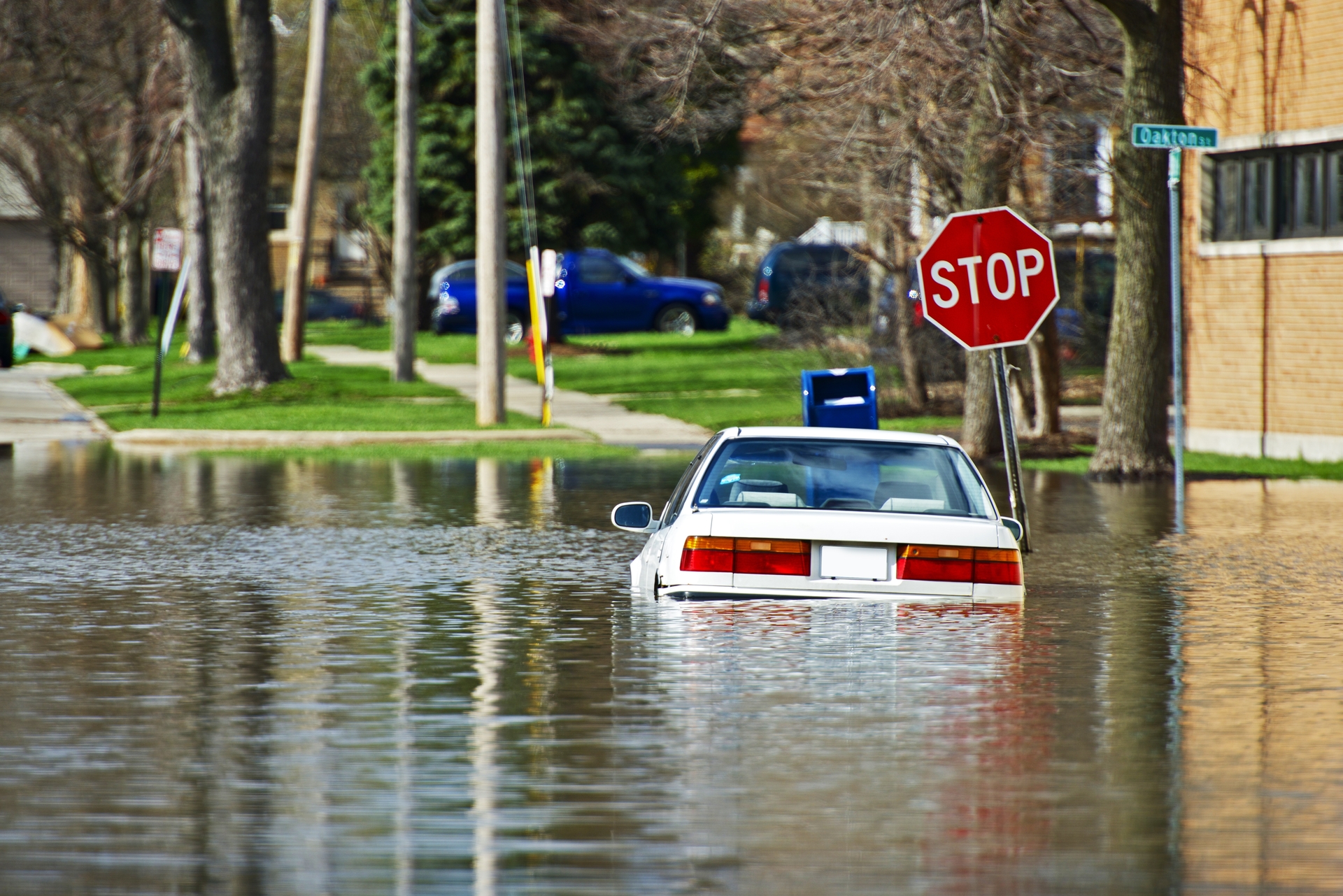Stop Overpaying for Flood Insurance: 6 Smart Ways to Lower Your Premium

Flood insurance isn’t optional if you live in a flood zone—it’s peace of mind. But that doesn’t mean you should be stuck paying sky-high premiums. The truth is, most homeowners and business owners are overpaying because they don’t know how to properly navigate flood insurance options.
Here are six proven strategies to help you cut costs without sacrificing coverage—whether you live in Florida, Michigan, or anywhere across the U.S.
1. Know Your Flood Zone (Without the Confusion)
Your flood zone plays a huge role in your premium. Most people don’t realize their flood zone may have changed, or that their home could qualify for a different risk category.
The good news? You don’t have to deal with confusing FEMA maps. At Good Good Flood, we’ll look up your property, verify your flood zone, and show you exactly how it affects your insurance. We’ve helped clients in places like Tampa, Orlando, Grand Rapids, and Detroit discover lower-risk designations—sometimes saving hundreds or even thousands a year.
2. Lower Your Risk, Lower Your Premium
Insurance companies reward homes and businesses that take flood-mitigation seriously. Smart upgrades include:
-
Elevating utilities above base flood level
-
Installing flood vents to reduce water pressure
-
Adding flood barriers or re-grading property for better drainage
These improvements can reduce your flood risk and may also qualify you for discounts through FEMA’s Community Rating System (CRS).
3. Only Pay for What You Actually Need
Flood insurance comes in two parts: building coverage (the structure itself) and contents coverage (your belongings).
If you own a smaller home in Michigan’s lake regions or a condo near Florida’s Gulf Coast, you might not need maximum contents coverage. Tailoring your policy to fit your actual needs helps avoid unnecessary costs.
4. Compare NFIP and Private Flood Insurance
Here’s where many property owners miss out: you’re not limited to FEMA’s National Flood Insurance Program (NFIP). Private flood carriers often provide:
-
More flexible coverage limits
-
Replacement cost on contents (something NFIP doesn’t always offer)
-
Competitive rates—sometimes much lower
At Good Good Flood, we shop policies with 15+ private carriers, giving homeowners from Miami to Muskegon access to better options.
5. Adjust Your Deductible Strategically
Raising your deductible can lower your annual premium. The key is balance—pick a deductible that saves you money while still being manageable if a flood occurs.
For example, we’ve seen Michigan lakefront homeowners save significantly by choosing a slightly higher deductible, while still keeping peace of mind intact.
6. Keep Your Policy Current (and Re-shop Annually)
Too many homeowners simply renew year after year without checking for better options. Flood insurance rates shift, carriers update their products, and your property details change over time.
At Good Good Flood, we automatically re-shop every client’s policy at renewal—whether you’re in Florida flood zones or near Michigan’s Great Lakes.
The Bottom Line
Flood insurance is essential—but overpaying is not. By verifying your flood zone, reducing your property risk, customizing your coverage, exploring private carriers, adjusting your deductible, and keeping your policy current, you can protect your property without draining your wallet.
At Good Good Flood, we specialize in helping families and businesses in Florida, Michigan, and nationwide find the right coverage at the right price.
📞 Ready to stop overpaying? Let us run your flood zone lookup and compare policies today—you might be surprised how much you can save.

